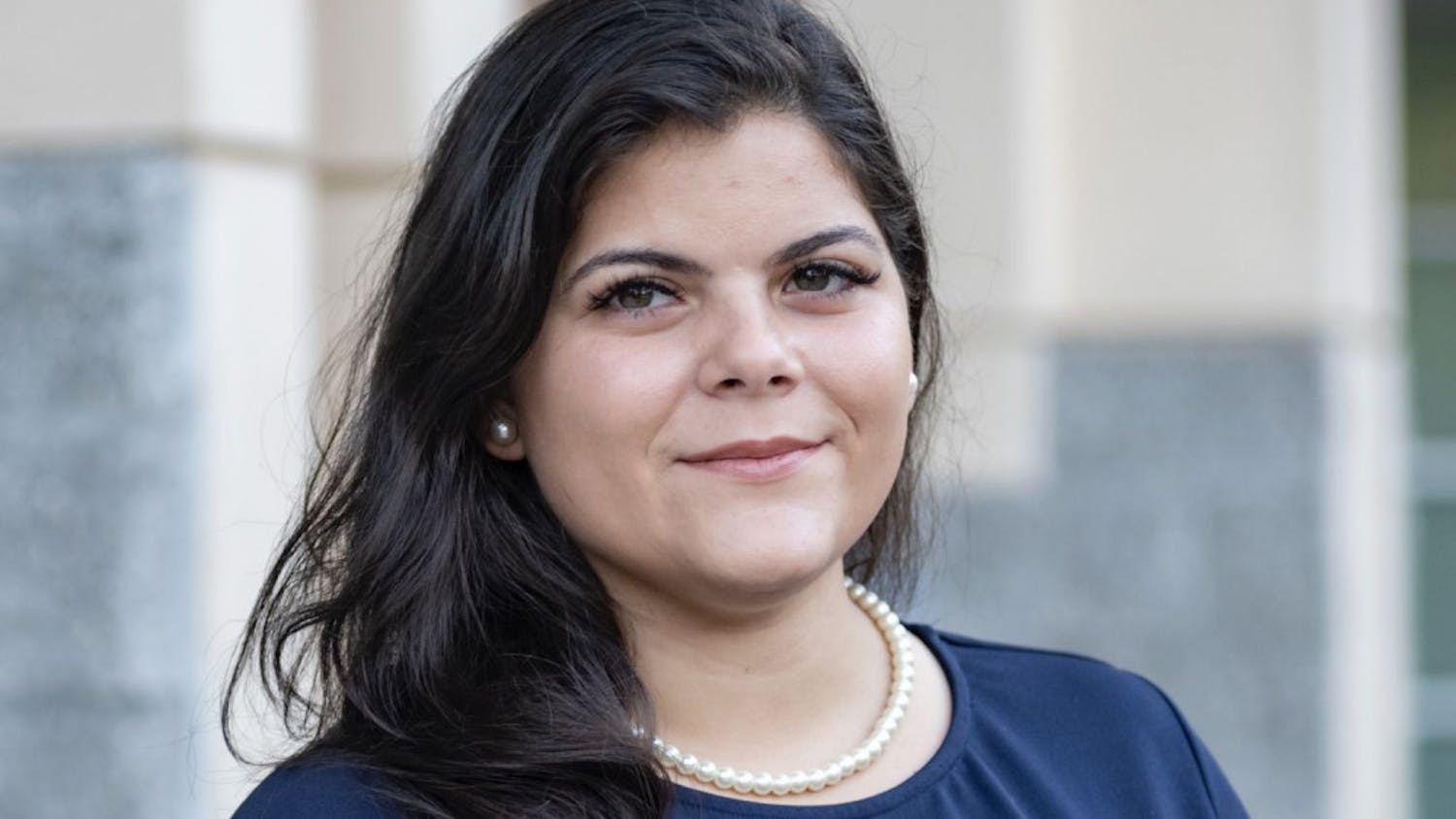Merriam-Webster defines the idiom “whistle past the graveyard” as “to act or talk as if one is relaxed and not afraid when one is actually afraid or nervous.”
When it comes to climate change here in Gainesville, it often seems like we’re whistling past the graveyard.
It’s easy here, on high ground roughly 60 miles from either coast, to rest easy and imagine that the real effects of climate change are not today’s problem.
Our community is filled with well-informed neighbors who understand with great clarity that climate change is happening, that it is dangerous and that it is caused by human activity. But it remains difficult, while in the moment, to visualize how it will impact our lives and our homes at some future date.
The truth is that we are already living with the effects of climate change right here in Gainesville.
Storms and “rain events” have already become more severe, and temperatures formerly reserved for late spring arrive earlier and stay later every year.
This places unplanned stresses on our stormwater, transportation and electric utility infrastructure, keeps our emergency services on higher alert and busier than we would have expected and forces our personal utility bills higher as we spend more time indoors to avoid extreme temperatures.
Homeowners in Gainesville already see drastically increased costs of home insurance as insurers spread the cost of sea-level rise in coastal communities across the larger inland risk pool.
As circumstances become more severe, we will almost certainly see more migration from South Florida and other coastal areas in larger numbers, which will likely increase housing costs in Gainesville with demand continuing to outstrip supply.
However, don’t believe that our city is entirely sleepwalking through this climate emergency.
While we built our city out in a car-centric, suburban model like nearly every other post-war southern city, cementing our dependence on driving back and forth all day long, Gainesville has a higher-than-normal transit ridership for a city our size.
To encourage ridership, we’ve eliminated fares for everyone 65 or older and younger than 18.
We’ve worked hard to take advantage of every federal funding opportunity to transition our bus fleet from diesel power to electric buses.
We are also committed to empowering cyclists and pedestrians with wider sidewalks, separated bike lanes and off-street paths across the city.
Gainesville has a long-term commitment to the Arbor Day Foundation, and this week we will honor that with a proclamation recognizing our 41st year as a “Tree City,” which not only makes our city more pleasant to live in, but it also helps fight climate change.
In 2018, we partnered with Alachua County to preserve more than 700 acres, now known as Four Creeks Preserve, inside our city limits.
Perhaps most important, Gainesville is both blessed and burdened with our own electric generation utility.
For nearly a century we made electricity exclusively by burning fossil fuels like every other flatland utility, which means we contributed to the problem as much as anyone else. But a little over a decade ago, our community decided we needed to meet climate change head-on, invested in a different model and built a renewable biomass electric generation plant.
It wasn’t inexpensive, but today, because of that decision, about 30% of all the power we generate is renewable, and the fuel is locally-sourced.
By the way, in Florida — a state more impacted by climate change than most — the average for renewable energy production is a frightening 4%.
For about three years, we have been working with a corporate partner to create a utility-scale solar installation (a solar farm, in other words) that would provide almost 75 megawatts of battery-supported solar power to our users, bringing us closer to 50% renewable energy production in Gainesville.
We’ve had many snags along the way, and right now, we are in critical discussions with members of the Florida Legislature about the future of that project.
If it goes through, we could be further contributing to the climate change solution in our city by early 2025. If not, we will keep looking for other avenues to provide solar power at scale.
While it might feel like nothing is happening in Gainesville to fight climate change, I assure you that at city hall, we are working on it every day.
The people of our community expect us to find solutions and to not whistle past the problem. I am fully aware that climate change is today’s problem, and the time to fight is right now.
I hope you’ll engage with me and with all your elected officials on this critical subject. As your mayor, it is always at the top of my mind.
Harvey Ward is the mayor of Gainesville.




